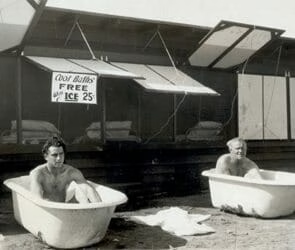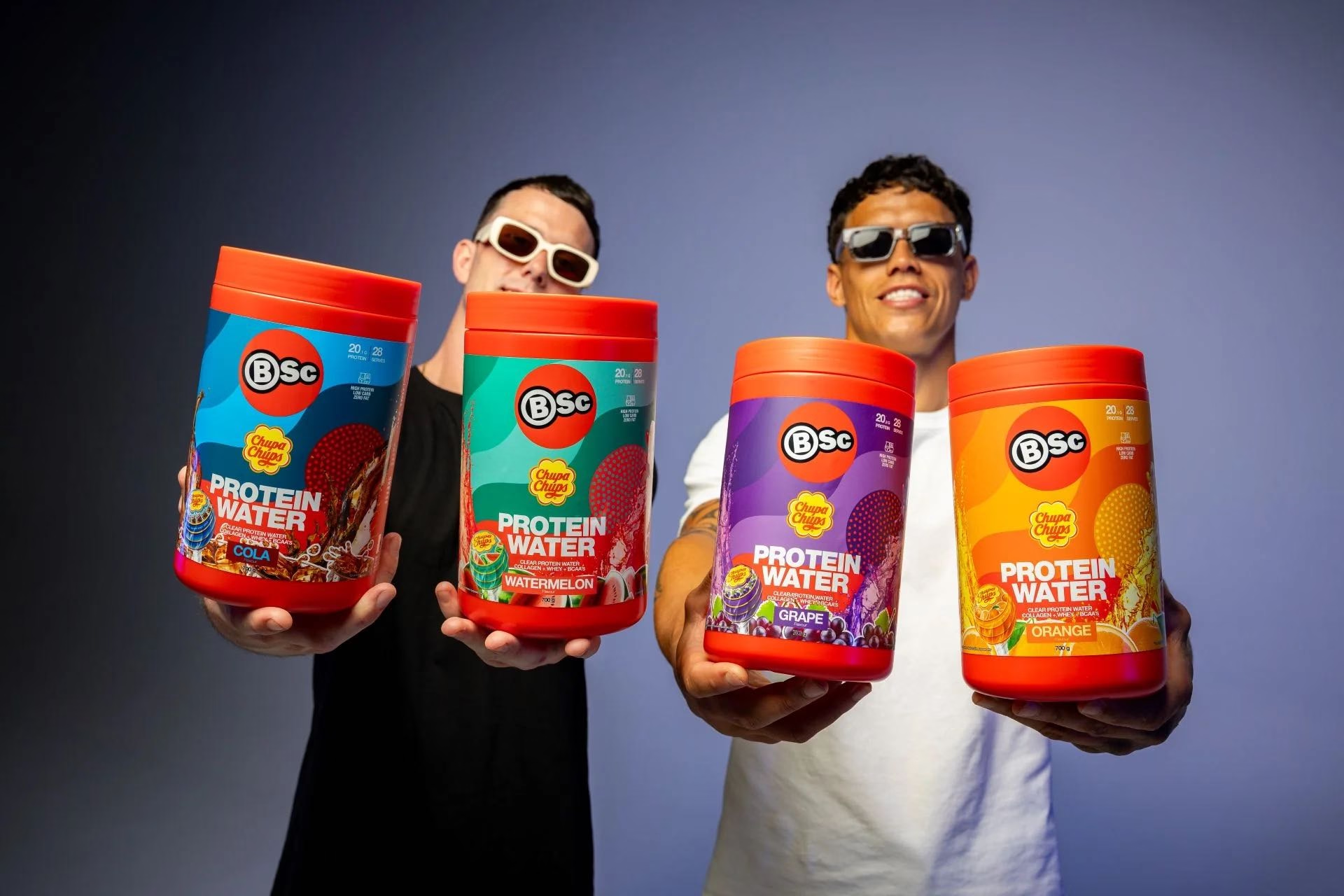Want faster muscle recovery after your workouts? These science-backed strategies will help you bounce back quicker, reduce soreness, and keep your training on track. From smart nutrition and contrast therapy to foam rolling and cherry juice, here’s how to optimise your post-workout routine and recover like a pro.

1. Chill Out with Contrast Therapy
To reduce muscle soreness and flush out lactic acid, sports scientists recommend alternating between hot and cold temperatures. A 2021 review published in the International Journal of Sports Physiology and Performance found that contrast water therapy significantly improves muscle recovery and reduces inflammation (source).
Try this protocol: jog lightly or stretch for 5 minutes, then alternate 6 minutes of hot water (37–43°C) with cold water or an ice bath. Follow with another 6 minutes of low-intensity movement, like walking or cycling, and end with a 2-minute cold plunge.
2. Prioritise High-GI Foods Post-Workout
While low-GI foods help maintain energy, high-glycemic index (GI) foods are ideal post-workout. According to the Journal of Sports Sciences, high-GI carbs such as white bread, watermelon, or raisins spike insulin quickly and replenish muscle glycogen more effectively right after exercise.
3. Use Protein-Carb Pairing for Muscle Repair
A 4:1 carb-to-protein ratio is ideal post-workout to speed up muscle protein synthesis. A study in the Journal of the International Society of Sports Nutrition found this combo boosts insulin response and enhances muscle repair.
Tip: Within 30 minutes of training, grab a protein shake with oats, or a turkey sandwich on white bread.
4. Stretch to Stay Supple
Stretching improves flexibility and blood flow, reducing tightness and soreness. “Holding each stretch for at least 30 seconds provides optimal benefits,” says physio David Harris. Static stretching post-workout has been shown to improve recovery times in a 2020 meta-analysis published in Frontiers in Physiology.
5. Drink Tart Cherry Juice
Tart cherry juice is packed with antioxidants and anthocyanins, which fight oxidative stress and inflammation. A 2019 study in the European Journal of Sport Science reported that athletes who consumed tart cherry juice experienced less muscle damage and faster recovery.
6. Book a Massage to Fight DOMS
Delayed onset muscle soreness (DOMS) can derail training progress. A post-workout massage helps reduce tension and muscle damage. According to research published in Science & Sports, massage therapy significantly lowers DOMS markers and promotes faster recovery.
7. Foam Roll the Pain Away
Foam rolling improves tissue mobility and reduces soreness. A 2015 study in the Journal of Athletic Training confirmed foam rolling post-exercise significantly reduces muscle tenderness and enhances range of motion (source).
Focus on tight areas like the IT band, quads, calves, and glutes for 10–15 minutes after training.
8. Hydrate Like a Pro
Your body loses more than just water during intense workouts — it sheds electrolytes and plasma volume too. Gavin Allinson, a sports nutritionist, recommends drinking 1.2 to 1.5 times the weight of fluid lost. Weigh yourself pre- and post-workout to calculate your hydration needs.
A Journal of Athletic Training study emphasized the importance of post-exercise hydration to support muscle repair and thermoregulation (source).
Featured 📸 Simple Man. (Awesome guy to follow.)
FAQs: Faster Muscle Recovery
What helps with faster muscle recovery?
To speed up muscle recovery, focus on strategies like contrast therapy (hot and cold immersion), proper hydration, consuming a carb-protein mix post-workout, stretching, foam rolling, and getting quality sleep. Scientific studies support all these methods for reducing muscle soreness and accelerating repair.
What foods help muscle recovery?
High-GI carbs like white bread, watermelon, and raisins help restore glycogen quickly after exercise. Pairing these with protein-rich foods—such as eggs, lean meat, or a protein shake—promotes faster muscle recovery by supporting muscle protein synthesis.
How long does muscle recovery take?
Muscle recovery typically takes 24–72 hours, depending on workout intensity, nutrition, hydration, and recovery techniques. Active recovery, massage, and sleep can all shorten this window.
Does cherry juice help with muscle recovery?
Yes. Tart cherry juice is rich in antioxidants and anti-inflammatory compounds. Studies show it can reduce muscle damage, soreness, and inflammation—supporting faster muscle recovery, especially after endurance or high-intensity training.
Is foam rolling effective for recovery?
Foam rolling has been shown to decrease delayed onset muscle soreness (DOMS) and improve range of motion. It works by enhancing blood flow, releasing tight fascia, and promoting muscle relaxation post-workout.
How much water should I drink after exercise?
Experts recommend drinking 1.2 to 1.5 times the amount of fluid you lost during your workout. Weigh yourself before and after to determine fluid loss, and include electrolytes for optimal rehydration.




